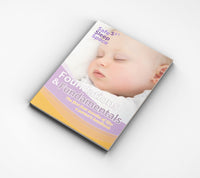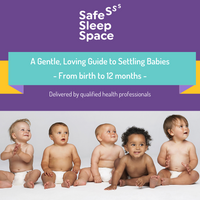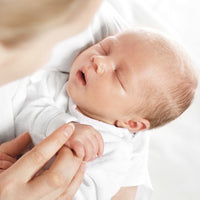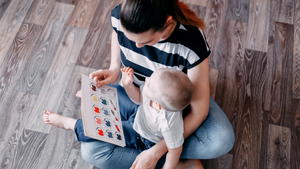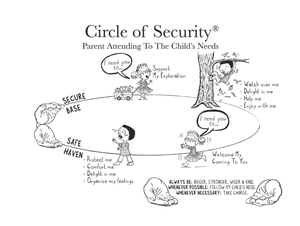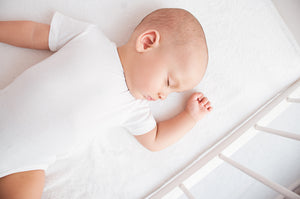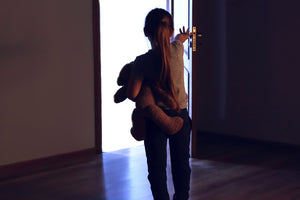Importance Of An Infant Mental Health Approach To Sleep

It’s the age-old question for every sleep deprived parent: what is the best way to get your baby settled and off to sleep?
From controlled crying, co-sleeping, self-settling to “no crying” sleep strategies, there is a plethora of sleep methodologies, advice and professional help on offer. For parents, it can be overwhelming to work out what fits their family best.
As it is Infant Mental Health Awareness Week (11-15 June), it is a timely reminder of the importance of taking an infant mental health approach to any sleep or settling techniques.
The first three years of a child’s life are a period of incredible growth and development. The earliest relationships with their parents and caregivers not only form the foundations for the child’s on-going development, but can also impact their health and wellbeing.
Relationships let babies express themselves. For example, a cry, a laugh or question is responded to with a cuddle, a smile or an answer. By communicating back and forth we are creating and sharing experiences together, strengthening the bond and helping the baby learn more about the world at the same time.
Science has shown us that babies seek closeness and comfort from their parents. They also cry as a way of communicating with us. A little grizzle might not require intervention but if it escalates to a cry, the message is very clear – the baby needs help.
Tuning in and responding to a child with warmth and gentleness, lays the foundations for a child’s healthy development and helps to shape the adult they will become. It also lays the foundation for a restful sleep. A calm and content child, who understands there is emotional support available to them from their caregivers, should they need it, is more likely to experience better quality sleep than a child who is left to cry and “manage on their own.
Parents should be wary of "one-size-fits all” sleep strategies - no two babies are the same, they all have different personalities and temperaments. By understanding the baby’s needs, cues and capabilities you can create an emotional and physical safe sleep space.
Our advice is for parents to choose an approach that that focuses on the infant and family’s mental health and wellbeing – where parents are encouraged to comfort their babies to reach sustainable change in a gentle and loving way.
Help with looking after your baby
The NourishBaby - Guide to Babies - is an online program that you can view in your own time. The Guide to Babies helps you to understand and care for your baby and covers key milestones, sleep and settling advice and baby development. There is a section on real parents sharing their experience of adjusting to parenthood.
Many parents have reduced sleep when a new baby arrives. The Safe Sleep Space website has a variety of resources and supports to provide tips and advice on how to assist your baby with sleep. You can also book a phone consultation to speak with a Sleep Consultant.
Other blog posts you will find helpful:
When is it time to get help for my child's sleeping?
Why is infant mental health so important when it comes to sleep?
Amber beads. Why they're really not a good idea.
Why is my baby noisy when they sleep?
Cindy Davenport is a child and family health nurse, midwife and lactation consultant, and has worked in the early parenting field since 1998. She is the Co-Director of Safe Sleep Space is an early parenting consultancy specialising in sleep and settling of infants and toddlers. The organisation promotes a gentle and nurturing approach sleep and settling, with an emphasis on caregiver interaction, the child’s social-emotional and an understanding that every infant toddler and parent is unique.
- Tags: baby infant mental health Sleep toddler
